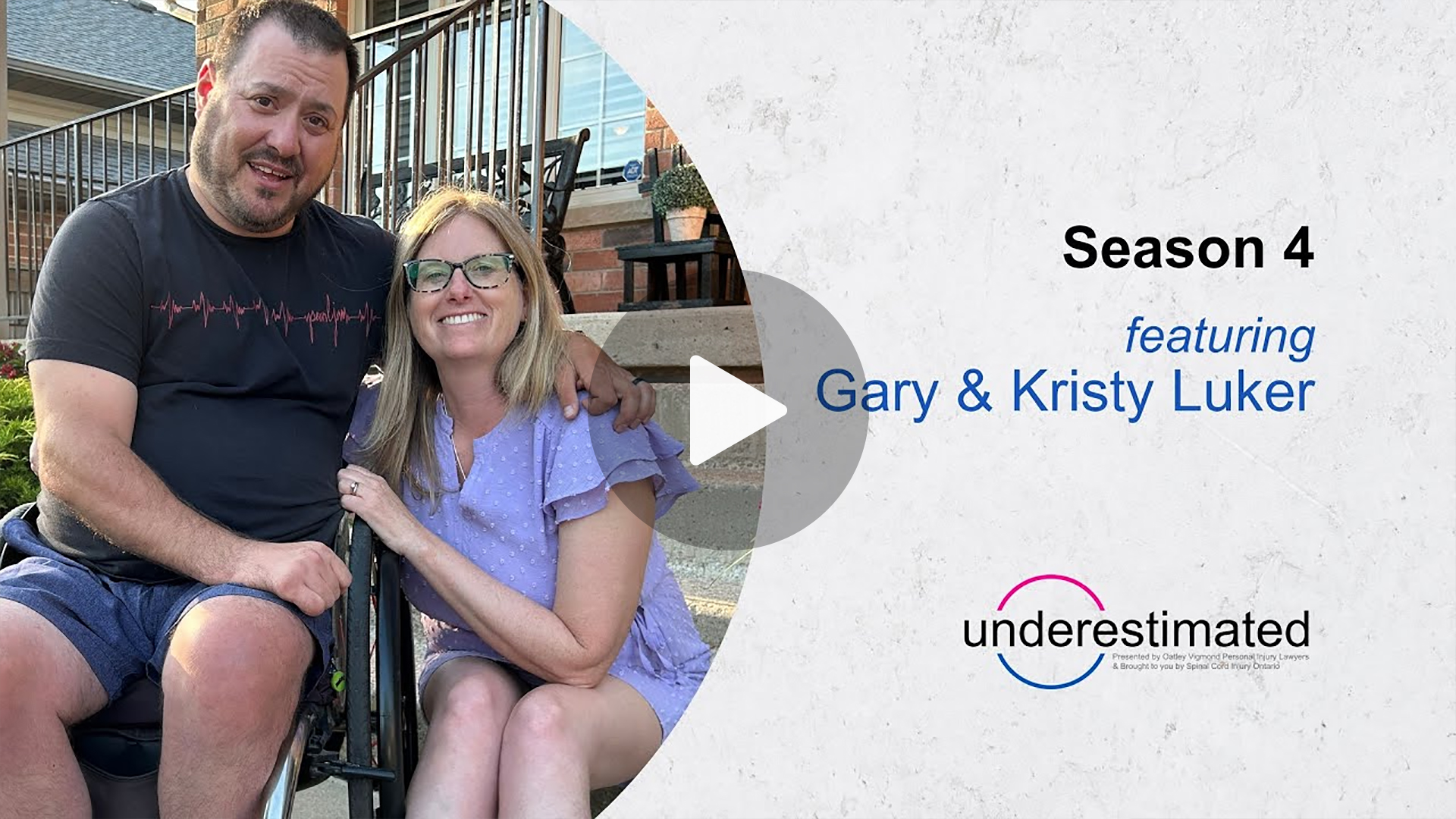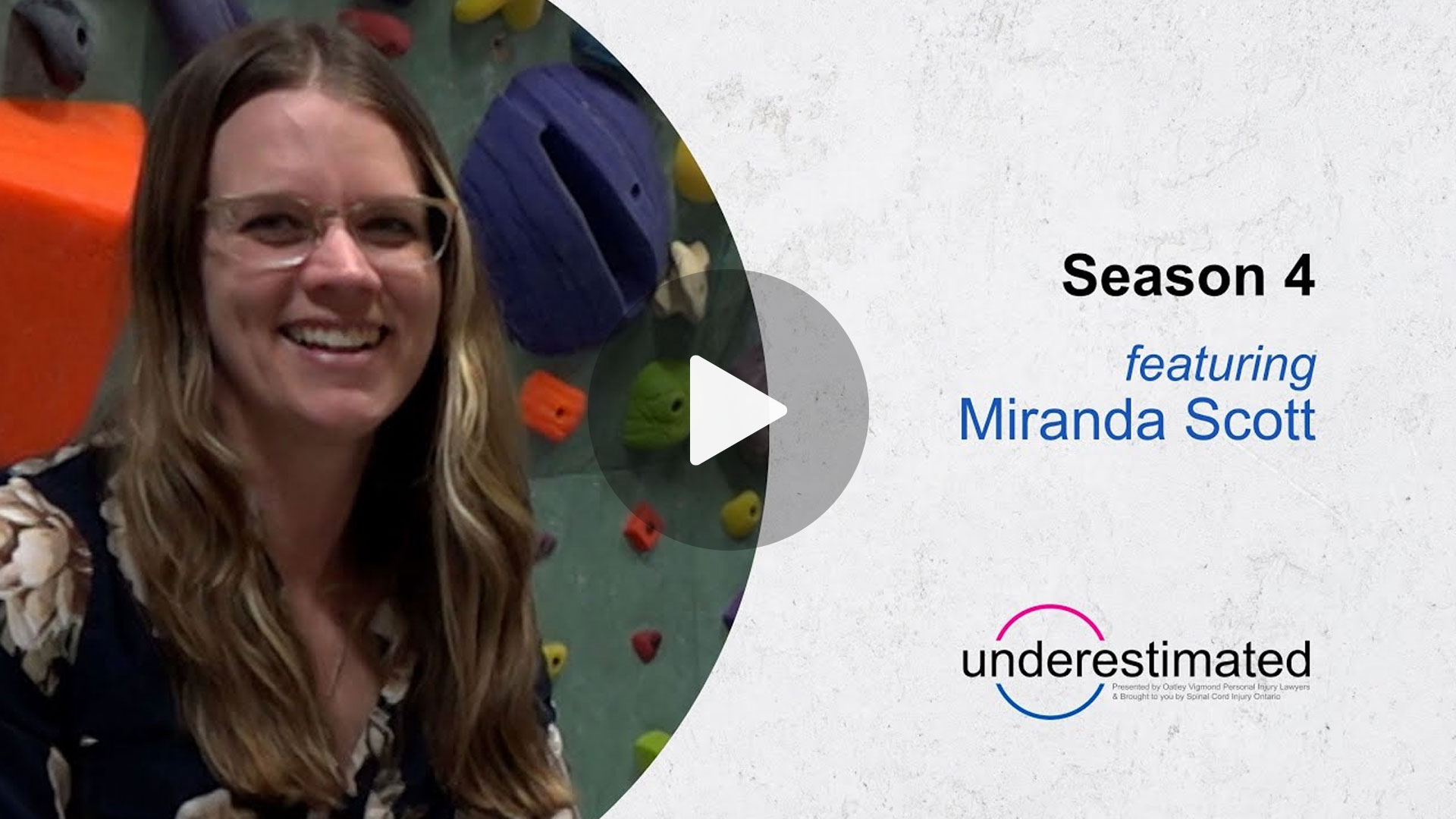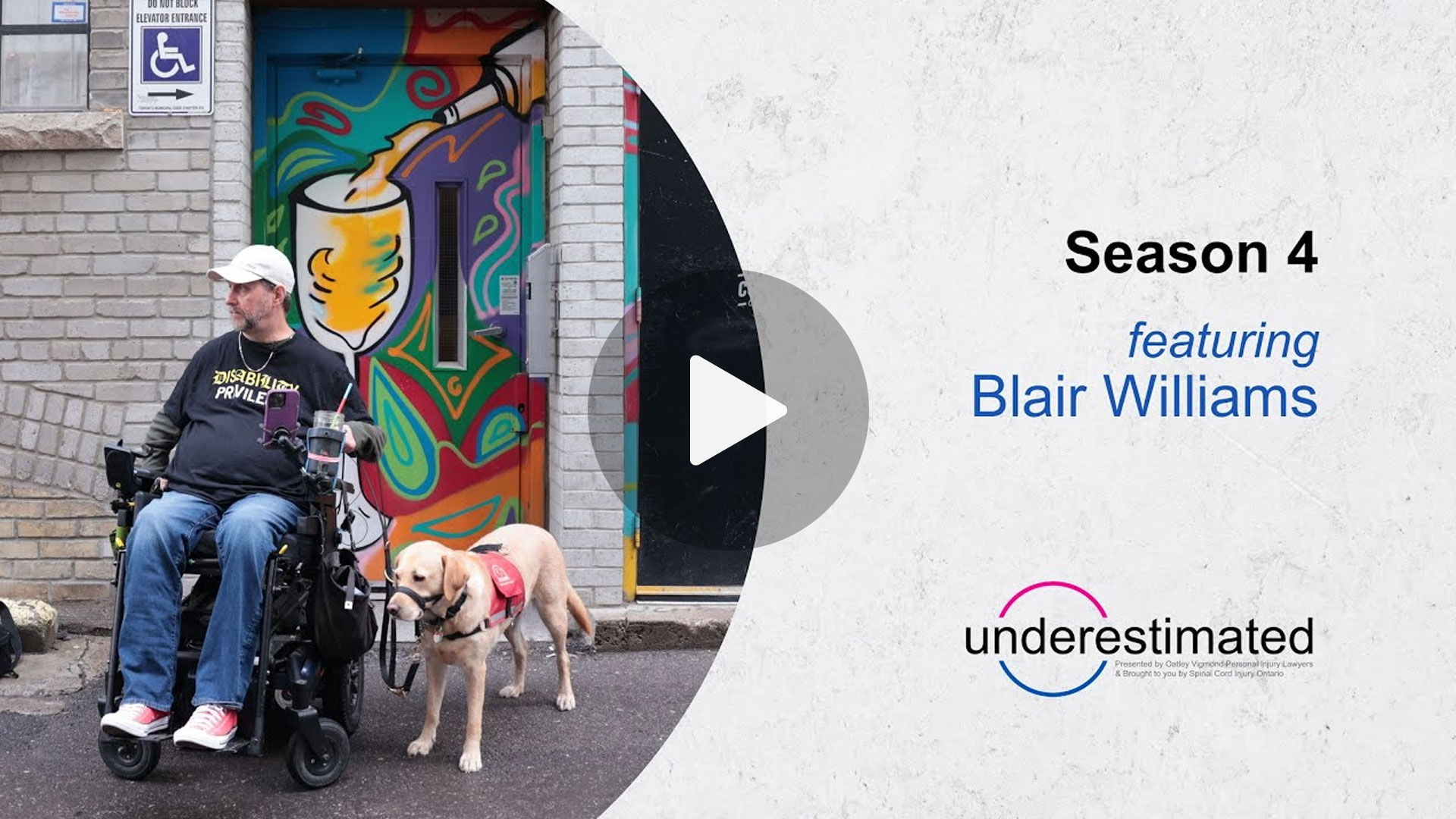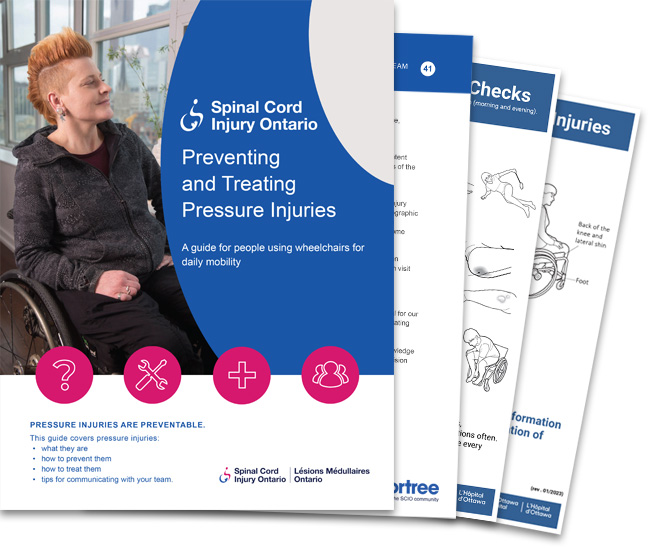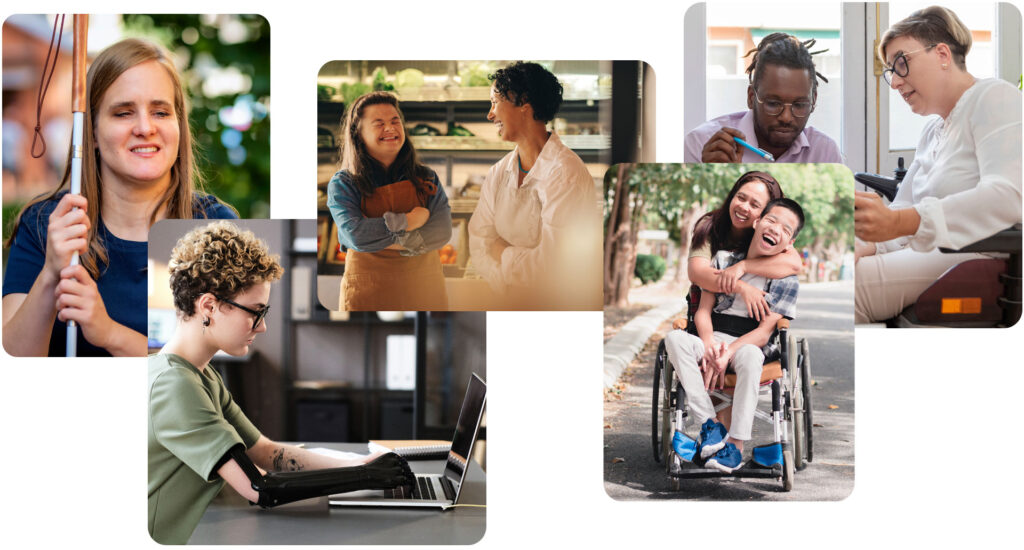Mobility devices allow people to live, study and work independently. Better, self-directed mobility supports better physical and mental well-being and overall quality of life. However the funding for specialized mobility equipment is not always available. In this episode of Underestimated, Tory visits with Temilade Adesina, an international student at Brock University in Applied Disability Studies, to discuss the challenges of accessing equipment when there is limited funding available.
Temilade is an international student focused on mental well-being of students with disabilities in higher education. Her passion for the well-being of students with disabilities is grounded in personal experience. Temilade sustained a spinal cord injury in 2012 while living in Nigeria, an experience which honed her advocacy skills. She had to fight for the accommodations required to be able to complete her university degree and to change the perspectives of those around her about living with a disability.
Temilade has a high-level spinal cord injury and requires a lot of accessibility and support. Her biggest challenge as an international student with a disability has been equipment and funding. She is not eligible for most of the funding and support options available to Ontarians. Temilade is currently using a manual wheelchair which she is not able to propel independently. A power wheelchair would make a huge difference to her studies and integration in the community. Currently, unless Temilade’s husband is home or her PSW is with her, she spends much of her time working from bed.
Temilade received a donated manual lift with the support of Kristy Hamilton, her Service Navigation Coordinator at Spinal Cord Injury Ontario. Unfortunately the manual lift is too big to fit beside Temilade’s bed in the studio apartment available at the Brock University student residence. Accessible apartments in Niagara region are only available to permanent residents. The impact of inappropriate equipment on Temilade’s studies is distraction and a lot of time to research and complete the documentation required to apply for loans and other supports for which she is eligible.
Student Affairs case coordinators at Brock University were instrumental with securing early supports for Temilade. They assisted in getting her connected to health services through the school, who then assisted with a referral to SCIO as well as Hamilton Health Sciences to advocate for a seating clinic appointment. This was the first step in assessment for a more appropriate mobility device. Since that time Temilade, the school and SCIO have worked with vendors, the student insurance fund and a local church to secure a power wheelchair with the funds available without compromising safety and functionality. With Brock’s permission, the Tetra Society has since partnered with Temilade and SCIO to make her student dorm room more functional.
Equipment can be the bridge to a more independent and fulfilling life with a disability. At SCIO, our Service Navigation team is dedicated to empowering individuals by facilitating access to essential equipment and financial resources. Finding the right equipment at the right price or the right features can be a challenge. We look for resources and options for our clients and provide information on where you can look for yourself. Beyond providing direct support, SCIO is committed to advocating for broader access to these crucial tools, aiming to transform the landscape of mobility disability support for the better.
To access Service Navigation at SCIO, visit https://sciontario.org/services/service-navigation/
To learn more about Student Accessibility Services at Brock University, visit https://brocku.ca/health-wellness-accessibility/sas/
To learn more about the Tetra Society, visit https://tetrasociety.org/


